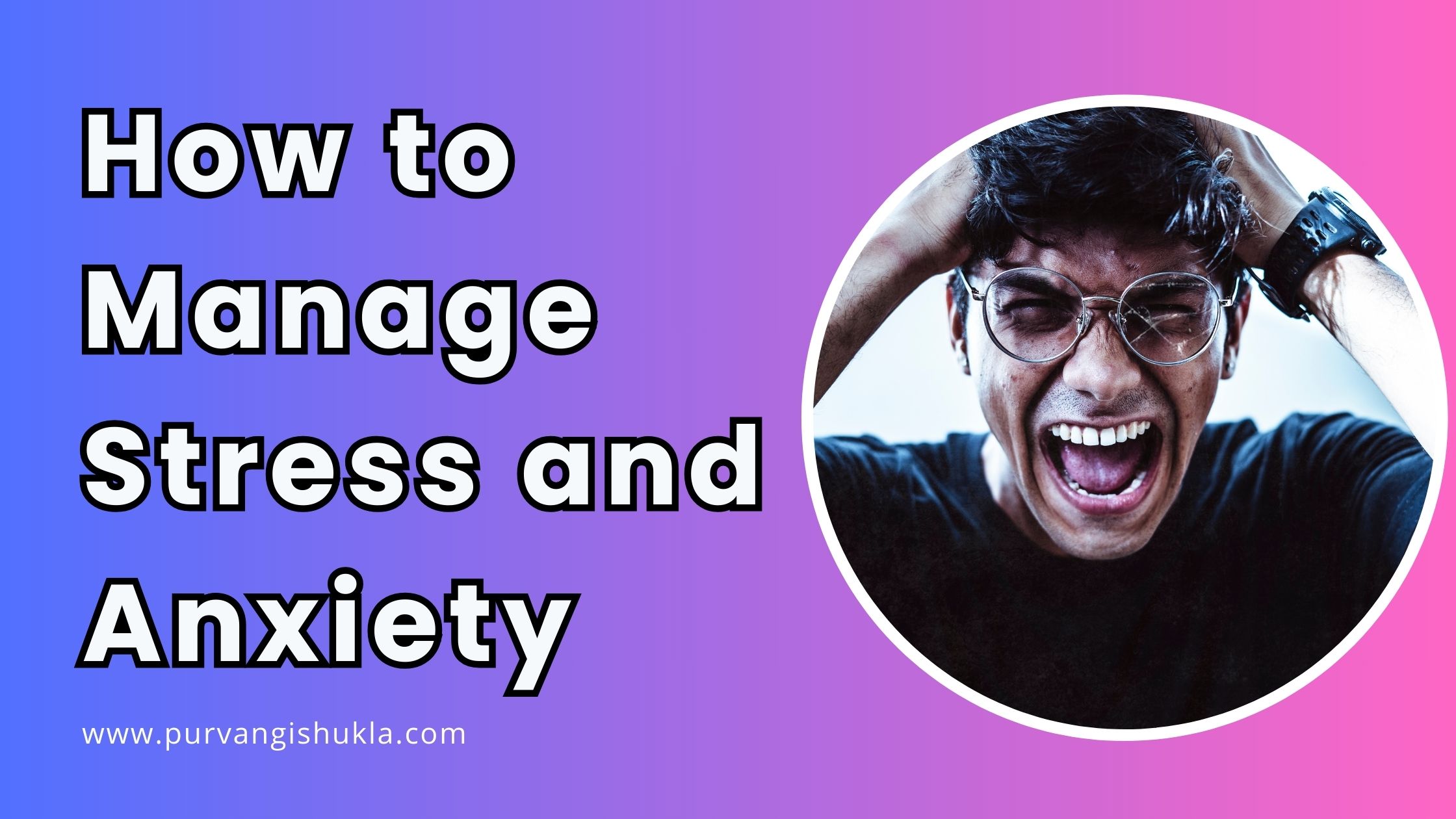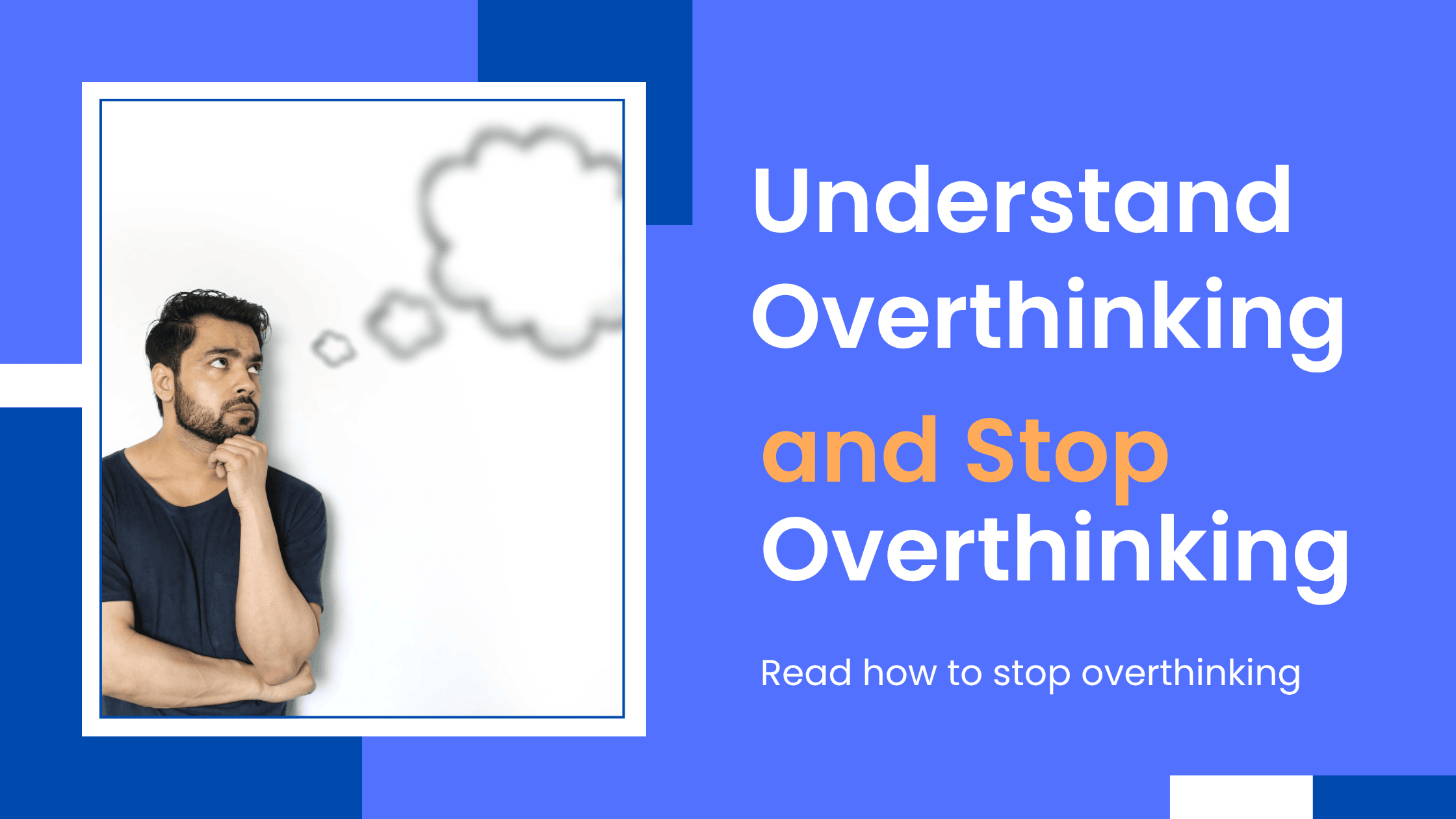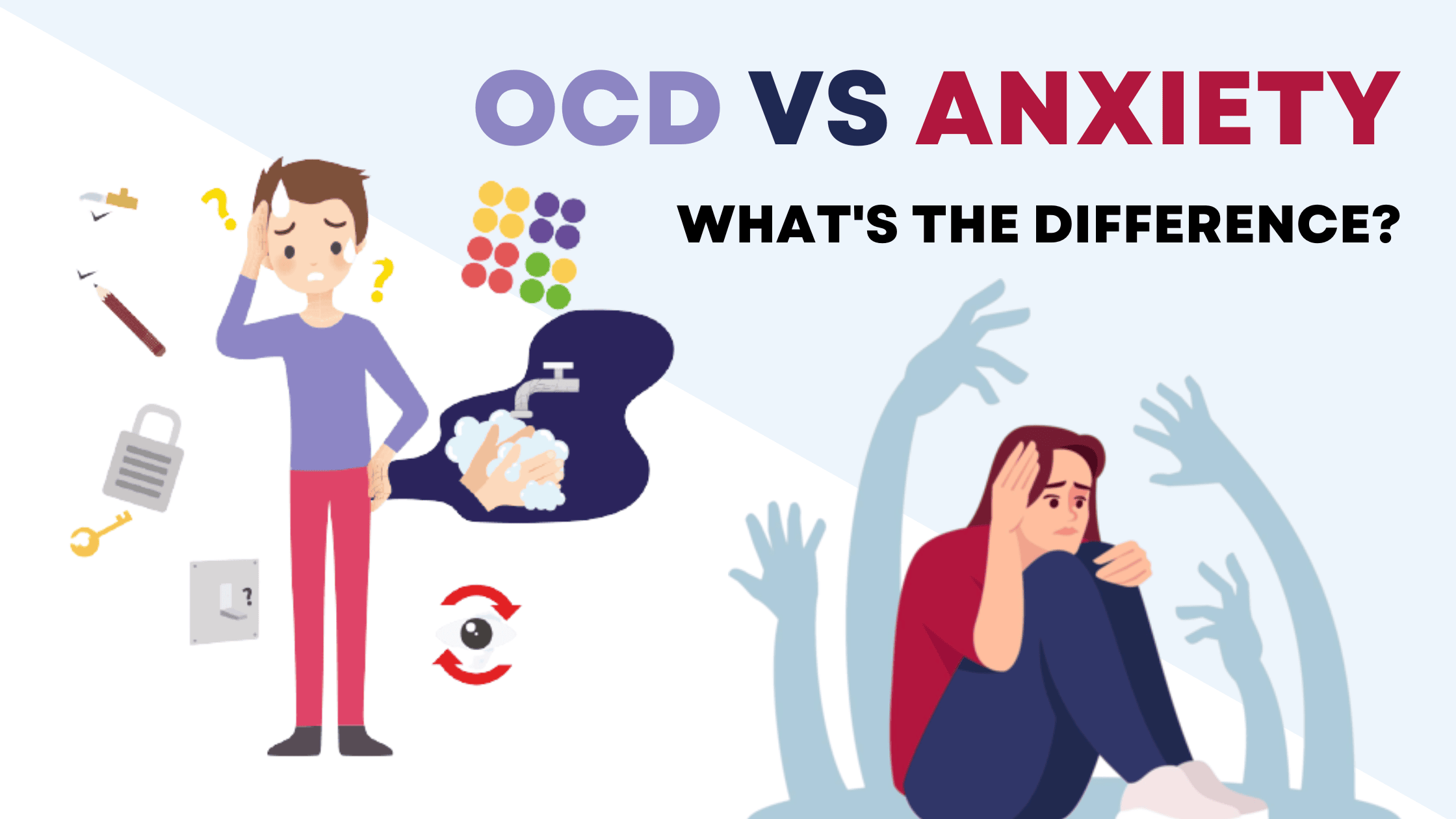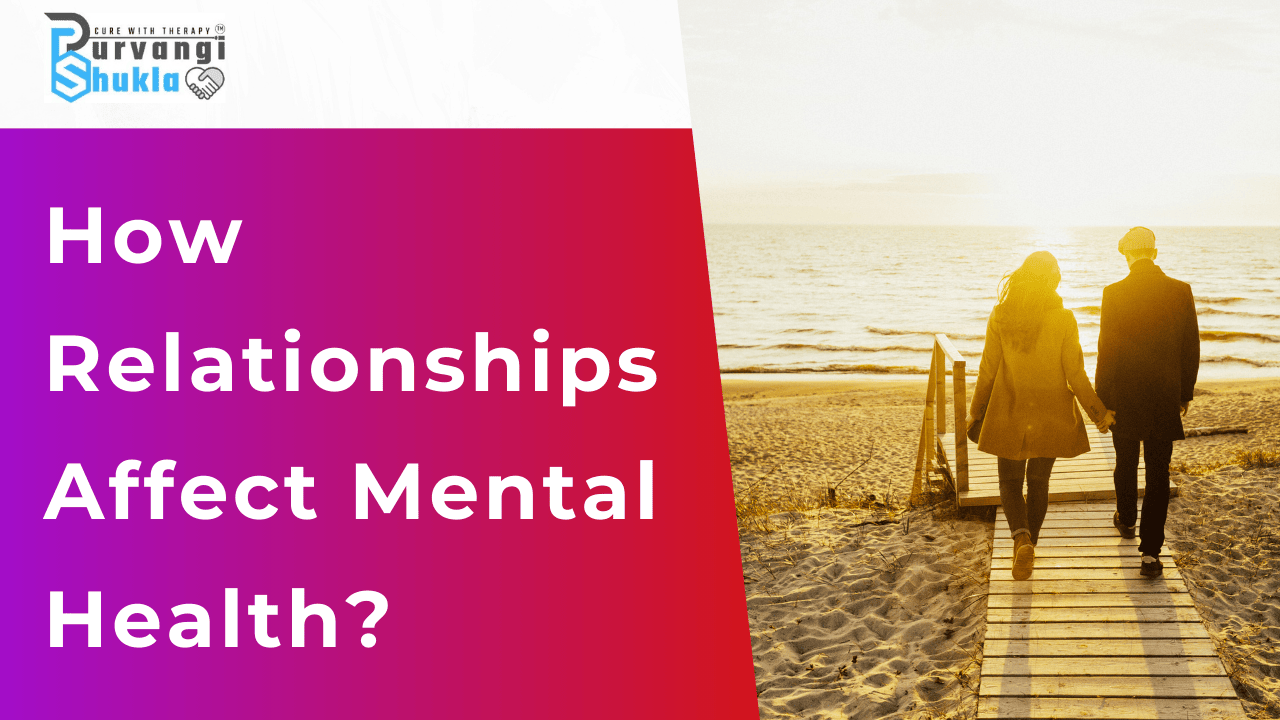In How to Manage Stress and Anxiety, Lots of information flooded about. Of course, you read the articles not the first time to know How to Manage Stress and Anxiety. Maybe your loved one or you become vulnerable with this anxious mindset. Your stressors are visible or invisible and some of them just peep into and trigger you with the overthinking issues.
You look for solutions through self-help books, motivational training and seminars. You want to figure out your stress issue and anxiety issues without letting others know. And you afraid also how a psychologist can help through psychotherapies? So, let’s take a look first at Stress and Anxiety. You can always google it and get to know its meaning but let me help you to know more about these two major mental disorders.
How to Manage Stress and Anxiety
First of believe me you are not alone. You are not abnormal that you have some weird feelings. It is ok to feel like that. If you feel something unnatural and uneasy it is time to know more about yourself. So, let’s take a look.
What is stress? And which are the stressors?
Here, I want to draw attention to stress in the physical and mental realm. In the physical realm, we understand stress with heart disease. While with the mental realm, we understand stress primarily with PTSD. People who come across certain traumatic, uncontrolled and unpredictable situations feel stress immediately. The stress hormone cortisol is responsible for stress and an anxious state. People with their perspective see stress differently.
However, people who are depressed and come across negative life situations may feel distressed. They overgeneralize the situation. For example, a friend is cancelling a movie outing due to personal reasons. But the other person thinks that the person does not want to talk anymore and has cancelled the date. But the real reason is different. It all depends on a person how perceives the situation.
If you understand the characteristics of stressors then they are:
- How severe is the stressor?
- How chronic it is? or how long it lasts?
- Its timings
- How closely does it affect your life?
- How do you expect the same?
- How uncontrolled the situation?
If life stressors we consider as job loss, divorce or separation, rejection from a loved one or losing loved one or some financial losses. These are common but most traumatic situations. The coping system of a person can decide how a person feels stress. And how can he come out of the same?
There are some important Psychological tips which help you to overcome your trauma and stress when your life demands you to perform. People after some traumatic and stressful events become resilient. They become more flexible with life and learn to overcome stress by learning new coping mechanisms.
Make a list of Uncertain and unpredictable life Stressors:
Life is coming with its own challenges and problems. We never predict the future so clearly. But we all must be ready for uncertainty and unpredictable life stressors. Daily hassle with your life and your coping skills to deal with it is important to learn. Like daily you encounter tough clients or your demanding job or profession. Or your relationships are not working the way it should be.
Then you need to figure out and make a list of uncertainties you may face in future. We all can daydream good things but we never learn to visualise the obstacles and challenges of life. Here it is not the point to view your life with negative aspects. But with the optimistic and realistic points of view. After many books flooded in market and with the speeches of many motivational speakers it is now common for all to think positively.
But only thinking in a positive direction never helps. You also need to feel the same way and behave in that direction.
Muscle Relaxation Techniques:
Our body is our servant. As soon as you feel stress your fear hormone spurs fast in your body and you get all physical reactions. Your muscles tense and tight. In many conditions, people do even not consciously know that their muscles are tight. In stressful situations or merely in thinking of stress you need to figure out how to relax your muscles.
You can learn many muscle relaxation techniques and get control of your emotions. When they are going wild and make you crazy.
Mediation:

Transcendental Meditation is a key point if you are facing stress issues continuously. If you meditate over your emotions and thoughts which are unreasonable your body responds to you in the most difficult time. Rather than feeling anxiety and mood swings you take control of your emotions and act in a more positive way.
Keep an Eye on Your Emotions:

It is nowadays very tough to be conscious of each thought and emotion. But these are the most effective psychological tips you can follow if you are aware of your emotions and actions. What are your trigger points? What makes you mood less or overthinker? You need to figure it out by just becoming conscious.
In many cases, people feel stressed when they just watch their favourite team lose a game. Your eye on your emotions works as a compass. It gives you an idea of where you are going.
Behavioral Change:

By CBT many people get to know their beliefs, perceptions, rules, regulations and assumptions about themselves and the world. When you seek a psychologist, he or she can draw your attention to your self-fulfilling prophecy. Once you learn to think new and balanced thoughts and through integrative behavioral therapy you start accepting your stressors.
You immediately take charge of your stressful life situations and change with the new behaviours.
If you learned much about stress but still, want to learn more then click on Stress Management
What is Anxiety?
Anxiety means the fearful emotions which bring a person to future danger. Here, this is more panic and diffuse than fear. Anxiety can be defined cognitively as, “I am worried what might happen”, you feel the tension and chronic arousal is a physical reaction while psychologically you feel general avoidance.
More anxiety is prone to obsessive-compulsive disorder (OCD). It majorly lies in future but in the present scenario person feels uncontrolled.
Few Self-Help Psychological Tips to Overcome Anxiety:
Awareness:
Self-awareness is a key point to cure anxiety issues. You need to define your fears and give them a name. Thinking of the worst outcome is more effective than a person comes across mentally with an undesired outcome. For example, a person feels anxious before a job interview. But by thinking about the worst outcome he may take control of his behaviour. It makes a person prepare for the interview. So rather than worried about the outcome a person uses the same energy in preparation.
Face your fear with Action:
You drive first time and you are anxious about whether you hit someone or not. But with this anxiety and seeing the negative mental images one can never take an action in fear of experiencing an undesired outcome. If you attach to your outcome you never face your fear. But rather you are sitting in a corner having all mental images and audio-visual negative imaginations paralysed you. Just do it. It is the slogan of Nike. Once you do it you. You get experienced and more strong to face your fears.
Shift in Thoughts:
Once you know that your mind makes you vulnerable. You are more prone to think negative than positive. Shift your thoughts by reminding yourself what you think. Just by shifting from one thought to another one. Continuously involving yourself in your actions makes you more strong to face your fears.
Work on your Beliefs:
Of course, your old memories, experiences and beliefs make your world. When you are brought up with a certain rigid thinking process your emotions and actions are the same in different situations. Which brings the same outcome. Work on your beliefs which brings new perceptions about yourself and the world.
Become more Intuitive:
Listening to gut feelings is something we call self-talk. If you find yourself stuck in negative self-belief then work on yourself. Affirmations are key points to change the scenarios. Also, feeling gratitude and developing an acceptance for most tough situations will improve your emotional state. Become more intuitive about your life and plan out accordingly.
These are common but very effective psychological tips to help yourself with stress and anxiety. But always seeking help from a psychologist creates more awareness about yourself. If you want to consult for a session you may definitely approach by booking a session online




